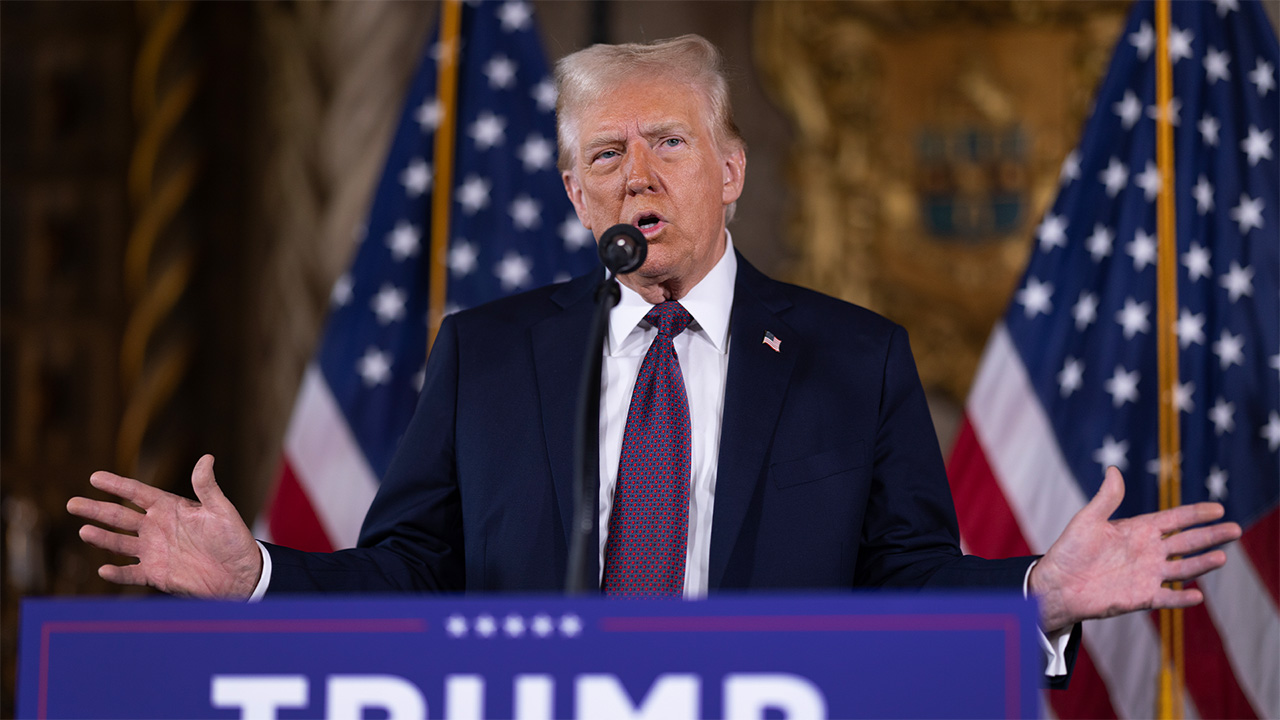
Donald Trump and data privacy are two things not usually said in the same sentence. But now Trump has become arguably the most powerful man on the planet – for a second time – he may be impacting your data privacy more than you think.
As he begins his second term as US President, it is important to analyze the businessman-turned-politician's attitudes towards data privacy and attempt to predict how this will affect millions of Americans – how many will be turning to the best VPNs and encrypted messaging apps?
We will take a look back at Trump's first stint as President, what he said on the campaign trail, and who's in his cabinet.
Will Trump reverse any of Joe Biden's policies? Will he u-turn on campaign promises? How much influence will Vice President JD Vance or tech billionaire Elon Musk have?
Regardless of who is in the White House or controls the chambers, data privacy is a huge issue and the digital rights of Americans have come under attack in recent years. Whether you're red, blue, or neither, all Americans should be uniting to fight for control over their data privacy.
Trump's first term
Let's start by looking back at how Donald Trump dealt with data privacy during his first presidency, between 2016-2020, and if this will offer any clues as to his decision making this time round.
The first Trump administration's approach to data privacy was mixed. National security and China dominated this area of Trump's policies, but he wasn't afraid to dish out fines to big tech companies – namely Meta (then still known as Facebook) and TikTok.
In 2019, Facebook was fined $5 billion for violating consumer privacy. The Federal Trade Commission (FTC) had been investigating the company as part of the Cambridge Analytica scandal.
It was alleged to have illegally harvested the data of up to 87 million users and sold it to the data analytics firm. Facebook was also instructed to set up an independent privacy committee and implement new privacy structures.
Facebook – $5 billion
TikTok – $5.7 million
Google – $170 million
A fine was also issued to TikTok in February 2019, with the FTC demanding ByteDance pay $5.7 million for collecting data from minors under the age of 13.
TikTok has been headline news for the last few days, as the app was first shutdown and then revived. A law banning the app came into effect on Sunday 19 January 2025 but President Trump signed an executive order delaying the ban for 75 days and instructing the US Attorney General not to enforce the law.
Trump first proposed banning the app back in 2020. In August of that year, he signed an executive order demanding the app's owners, ByteDance, sell or separate its US TikTok business within 90 days. He also signed an order stating TikTok transactions would be banned in 45 days if the app was not sold.
In 2021, President Biden revoked Trump's banning order, but ordered an investigation into whether or not TikTok was a threat to national security.
Despite Trump launching the first salvo against the Chinese social media app, he has now reversed his stance. Upon signing the order, the President said it was "an opportunity to determine the appropriate course forward in an orderly way that protects national security while avoiding an abrupt shutdown of a communications platform used by millions of Americans."
It appears Trump is more concerned with TikTok's role in US national security, rather than the data privacy of Americans. In the days before his inauguration, Trump posted on Truth Social and said he would "extend the period of time before the [TikTok ban's] prohibitions take effect, so that we can make a deal to protect our national security."
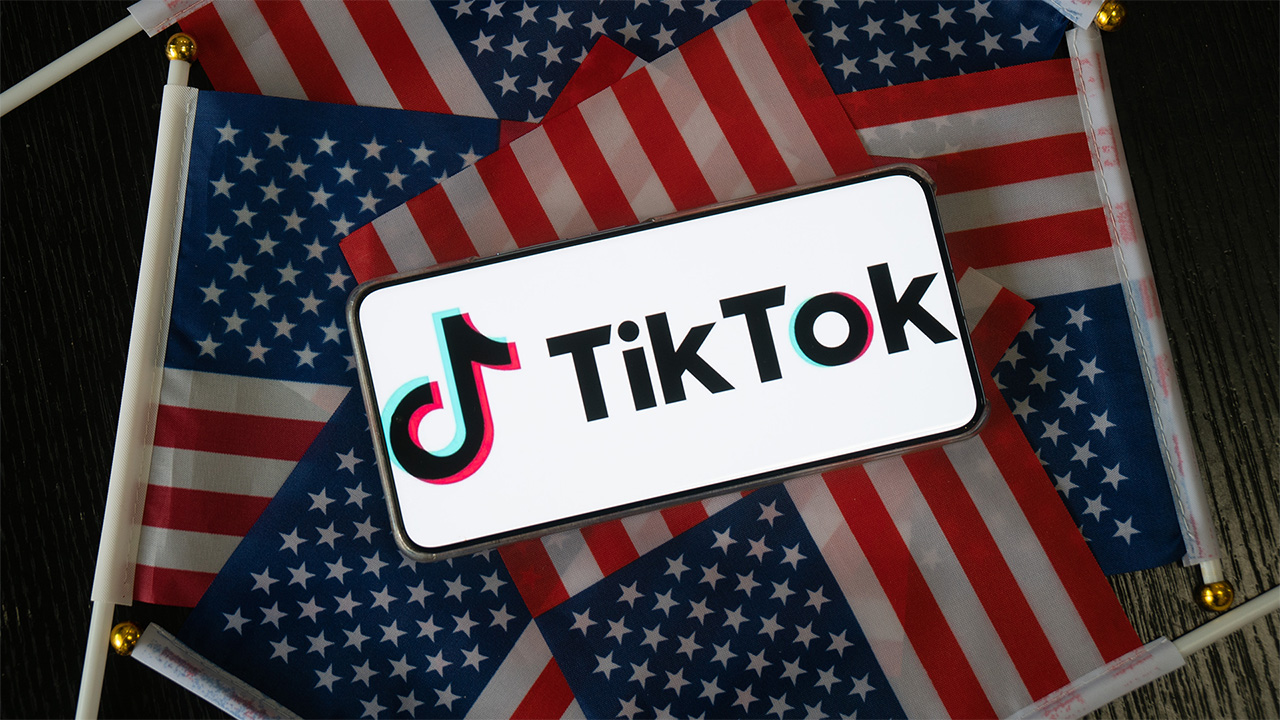
During Trump's first term, the FTC also fined Google $170 million over claims that YouTube illegally collected personal information from children, without their parents' consent.
Despite this fine, Trump previously defended Google after it was fined $5.1 billion by the EU for requiring smartphone operators to pre-install Google search and browser apps or lose access to its online store and streaming service.
The first Trump administration also criticised the EU's GDPR rules, arguing it provided cover to cybercriminals. Many in the US also argued the laws limited the power and wealth of Silicon Valley giants Google and Meta.
In 2017, Trump repealed Federal Communications Commission regulations which protected online privacy. The rules, established under the Obama administration, required internet service providers to obtain consent from customers before sharing their personal data.
Critics argued the rules were an example of government overreach and unfair due to tech companies like Google not required to gain permission.
Trump's concerns with national security and how this interacts with his policies towards data privacy will be something to keep an eye on
Feelings towards data privacy during Trump's previous time in office often centred around national security, with Trump wary of China's influence on the US. National security often garners cross-party support, and in 2018, Huawei and ZTE were designated as security threats.
Trump's concerns with national security and how this interacts with his policies towards data privacy will be something to keep an eye on as we move into his second stint in office.
Concerns around foreign countries accessing the data of Americans didn't seem to stop foul data practices at home. President Trump's proposed 2018 budget included $61 million extra funding for the FBI to fight cybercrime and break encryption.
Whilst this was claimed to be for combating terrorist communication and malicious actors, it also posed a risk to those who utilised encryption tools such as VPNs and encrypted messaging apps.
Immigrants were also under threat, as in 2017 the Department of Homeland Security (DHS) conducted a programme of social media surveillance and "extreme vetting." Posts were used as criteria for determining whether to admit or deport migrants – behaviour that was seen as an invasion of privacy, as well as discriminatory. Privacy advocacy groups, including the Electronic Frontier Foundation (EFF) called on the government to halt these malicious practices.
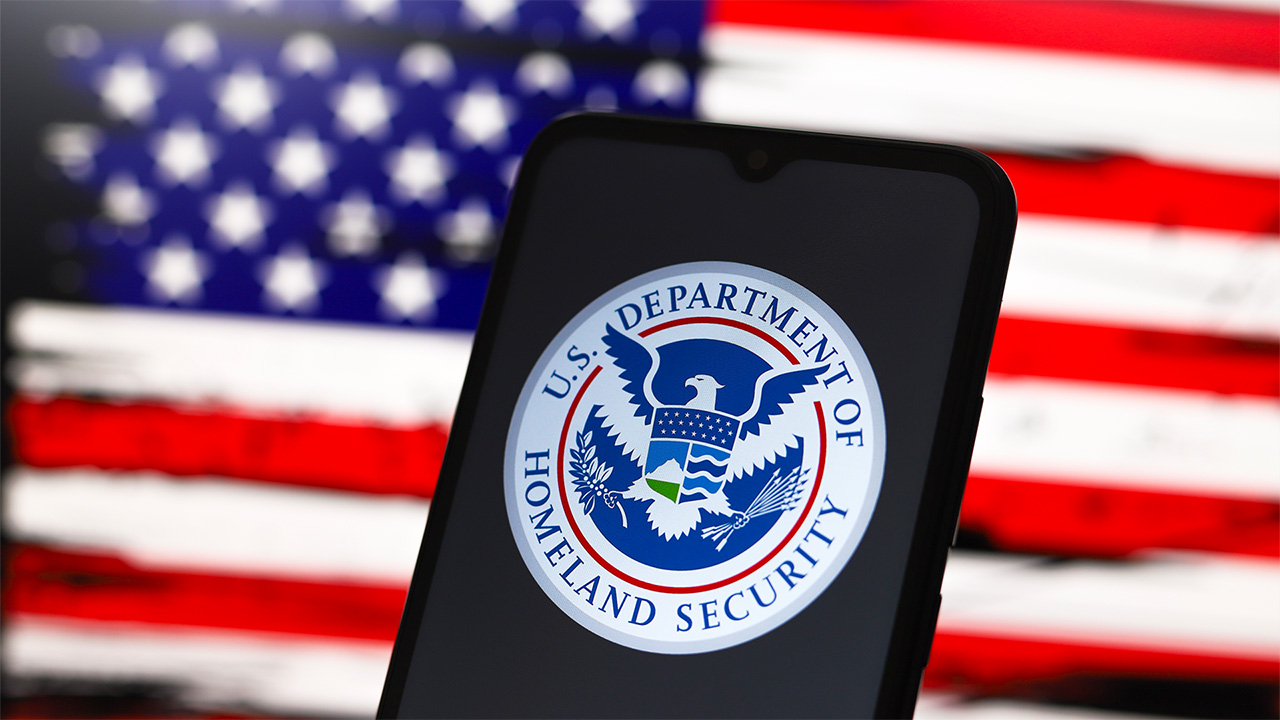
Relationship with the FTC
The Federal Trade Commission (FTC) is an independent agency of the US government that enforces civil antitrust law and promotes consumer protection. The body consists of both Republican and Democratic commissioners, with the Chairperson nominated by the President.
The FTC has been rather active throughout the Biden administration, and it is unclear what Trump's relationship with the body will look like this time round. When he was previously in power, the FTC was willing to go after big tech companies that violated people's privacy – but with Elon Musk involved in his incoming administration, this may not be repeated.
Current FTC Chair, the Democrat Lina Khan, is to resign in the coming weeks according to Reuters. She divides opinion in the Trump camp as Vice President JD Vance has said she's done a great job, whilst Elon Musk has called for her to be fired. Trump's nomination, Andrew Ferguson, has eyed tackling online censorship and protecting freedom of speech. He could also shift the course in cases against Meta and Amazon.
Khan had been attempting to pass commercial surveillance rules before Trump took office, but time has now run out. The rules emphasize data security and minimization, with the idea that companies should only collect data they need to conduct business with consumers, and delete it when that concludes.
Republican FTC commissioners have called Khan's approaches too aggressive. However, the problem of data collection, and worries China will access US data, is bipartisan and there may be some cross-party agreement on data privacy legislation.
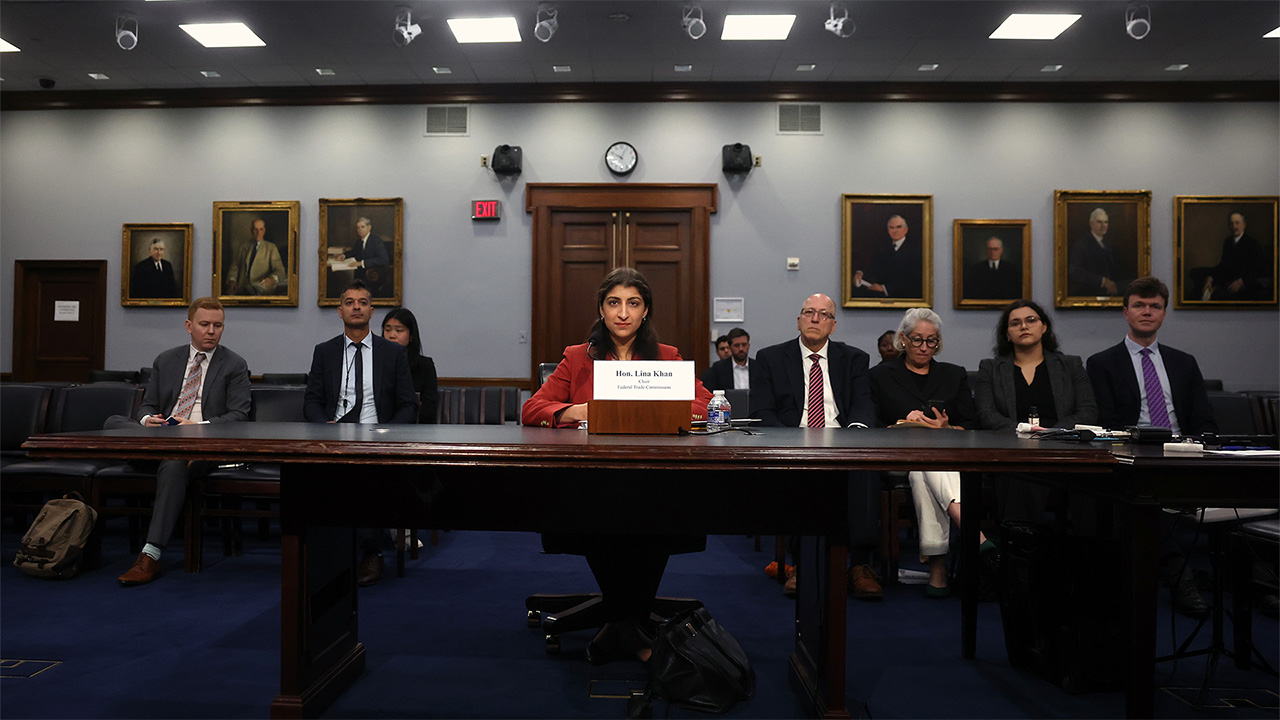
Project 2025
Project 2025 is a collection of ultra-conservative policy proposals created by right-wing think tank The Heritage Foundation, which could be implemented by Donald Trump throughout his presidency.
There has been huge backlash to the document and Trump has distanced himself from it, claiming back in July 2024 that he knew nothing about its creation. Despite this, some of its authors could play a role in the new administration and proposals have the potential to become law.
Project 2025 confronts "big tech," and accuses it of harming US national security, health, and freedom of speech. It attacks Chinese-owned apps TikTok and WeChat, claiming both present "significant national security risks and expose American consumers to data and identity theft."
It is hypocritical to attack China yet fail to mention similar data practices of American tech companies
These concerns are right to be raised, but it is hypocritical to attack China yet fail to mention similar data practices of American tech companies. Apple has recently been fined $95 million for violating user's privacy through Siri, and Google is also subject to a similar court case concerning the collection of personal data from smartphones – despite tracking being disabled.
Beyond this, and complaints about the EU's legislation, data privacy receives little attention. When it does, it is in the context of furthering a political agenda and not in the real interests of the American people.
Trump's new Secretary of State, Marco Rubio, has said "Project 2025 doesn't speak for Trump," but the Florida Senator hasn't shied away from commenting on data privacy.
In 2023, Rubio introduced legislation to protect the data of military personnel from being sold to Russia, China, and other adversarial nations. The bill did not pass when first introduced, but strong Trump allies support the bill and it could see a return in 2025.
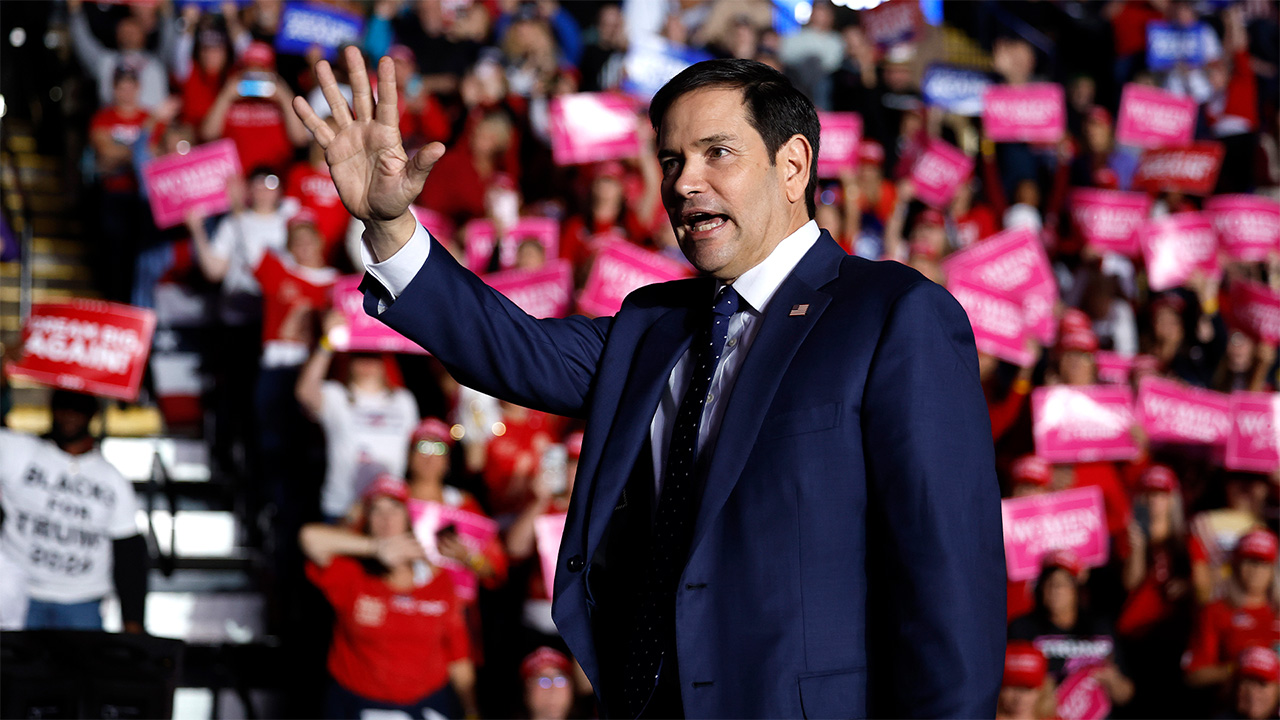
Abortion surveillance
The overturning of Roe vs Wade in 2022 dramatically changed reproductive law in the US. Only 9 states have no limits on abortion and many are worried about the privacy of reproductive data.
In 2017, the accessing of private Facebook messages led to the prosecution of a 17-year-old girl and her mother for obtaining medication to induce an abortion. This took place in Nebraska, a state with strict abortion rules, and highlights how tech companies can be enlisted by law enforcement to hand over supposedly private information as evidence.
Tracking data, from a tool known as Locate X, is sold to the US government and an investigation by privacy advocates – leaked to 404 Media and others – showed how it can be used to track and monitor devices visiting abortion clinics.
It would not be difficult for authorities to then identify the people behind these devices and potentially prosecute them if they have broken state law to have an abortion.
Project 2025 has called for a more comprehensive monitoring of pregnancies that "end in foetal death." This includes the number of abortions within a state's borders, the weeks of gestation before the abortion took place, the reason for the abortion, the pregnant individual's state of residence, and the method of abortion.
This is a dramatic increase in monitoring compared to current legislation and, combined with accessing personal data, poses a real risk to Americans seeking an abortion.
The role of Elon Musk
The tech businessman has recently grown closer to Donald Trump, and has been nominated to co-lead the newly created Department of Government Efficiency in Trump's government.
How serious and influential a role Musk plays is up for debate, but given his apparent close ties to the incoming President, it is worth taking a look at his history with data privacy.
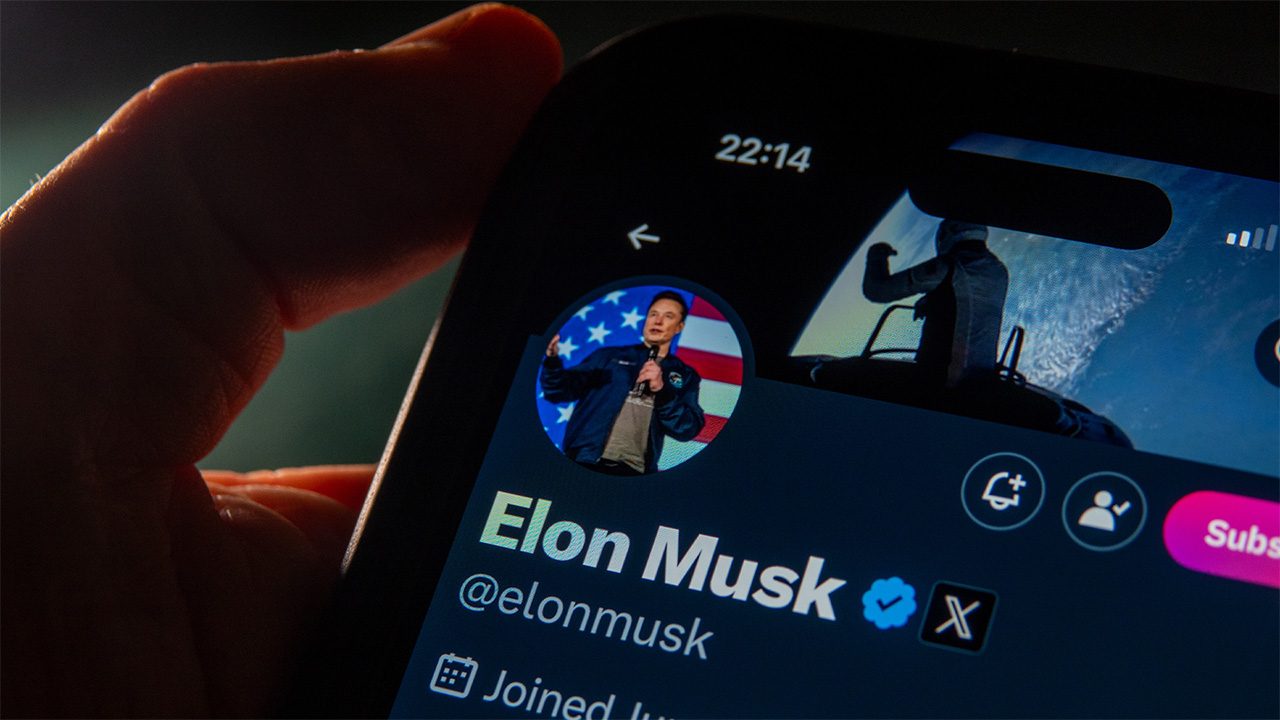
Musk-owned social media site X (formerly Twitter) has been faced a series of privacy complaints over using user data to train its AI model, Grok. The EU's GDPR legislation requires all uses of personal data to have a valid legal basis, and complaints have been submitted by nine EU member states after data was collected without consent.
X called the complaints "unwarranted" and claims to have given users more control over their data. Since taking over the platform, Musk has made a string of controversial decisions which have led many to question X's ability to maintain secure practices.
It is clear Elon Musk is no advocate for data privacy and how much his stance will influence President Trump and his advisors remains to be seen.
Data privacy at a federal or state level?
Currently, there are no country-wide data privacy laws, with legislation being the responsibility of individual states. In 2023 US-based VPN provider Private Internet Access (PIA) ranked all states on their data privacy practices, with California topping the list and Arkansas, Louisiana, and Mississippi ranking worst. 20 states have passed comprehensive data privacy laws, but these differ in their approach.
The 2024 American Privacy Rights Act was a cross-party effort to create a federal privacy framework. It included provisions for preempting state laws, allowing individuals to sue over data violations, and aimed to simplify compliance.
President Biden also issued an executive order authorising the US Attorney General to restrict cross-border data transfers in order to protect national security. Efforts to protect national security are likely to continue with the new administration, as well as debates surrounding a federal data privacy law.
How to protect yourself right now
You don't need to wait for Donald Trump pass potentially harmful data laws before taking steps to protect your privacy, you can take action right now.
Protecting yourself with a VPN – read our best VPN guide for comprehensive advice – is an excellent way to secure your personal information. VPNs send your internet traffic through an encrypted tunnel, hiding it from any third-party that wants to take a look.
They mask your IP address and can make it appear as though you're in a different country. This is very useful for accessing blocked content and navigating censorship. The leading VPN providers offer thousands of servers, in a wide range of countries, so you can find wherever you need to connect to.
PIA is one of the best US VPNs for those in America. It's a US-based VPN veteran and is the only VPN to offer servers in every US state.
Consider using one of the best encrypted messaging apps to communicate with friends and family. Like VPNs, encrypted messaging apps hide your information from prying eyes and allow you to keep your messages private. Signal is our number one messaging app thanks to its end-to-end encryption by default and lack of data collection.
It may sound dull, but making sure you read and understand privacy policies can ensure you never agree to something you don't want to. Once you consent to data collection, your personal data is no longer personal and can be harvested by third-parties.
Always be aware of what you're consenting to and look for apps and companies with better data privacy measures. As well as this, always reject optional cookies and trackers, only agreeing to what is absolutely necessary.
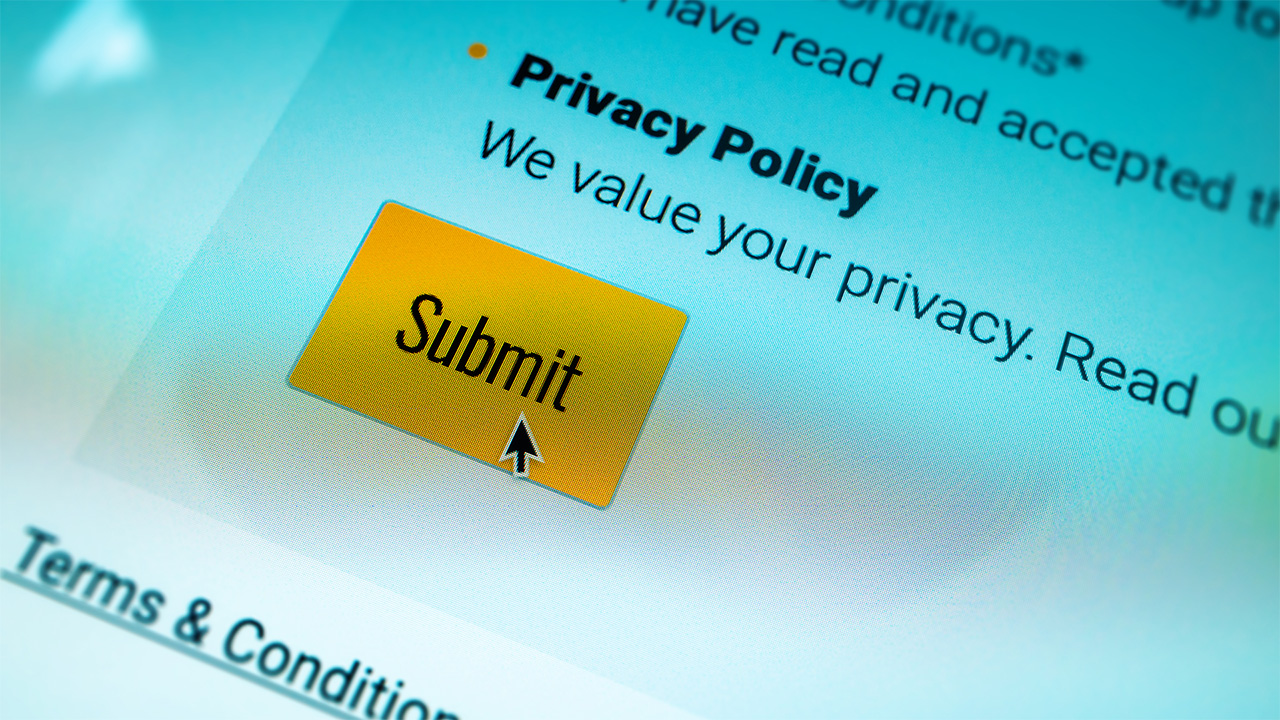
Finally, just be aware of what you're sharing. Whether it's signing up for an account online or posting on social media, a lot can be learnt about you from what you put online. Always think twice about what you're sharing and make sure you're always completely comfortable with it.
If you enjoy signing up to websites and newsletters online, but don't want to give out your personal information, consider Surfshark's Alternative ID and Alternative Number. These features provide you with fake information that can be inputted online, meaning your real information stays hidden.
Unknowns, hypocrisy, and national security
What's clear from this analysis is that nothing is clear. If data privacy is a key focus of President Trump in 2025 and beyond, it's likely this will come from a national security angle. Both Republicans and Democrats share a wariness of China and Russia, and we may see the personal data of Americans protected from being accessed by foreign powers.
But measures like this are hypocritical when US-based tech giants such as Apple, Google, and X are equally guilty of exploiting people's personal information.
Trump's often contradictory behaviour means his actions are unpredictable. This, combined with uncertainties surrounding Elon Musk's role and Project 2025's implementation, means the future of data privacy in America is on a knife edge.
What is clear is how important it is for Americans to take action over their personal data. Use VPNs and the best encrypted messaging apps. Be extra vigilant over what privacy policies you consent to and be wary of how you can be tracked. All of these steps are vital in protecting your data privacy at a time of uncertainty.







